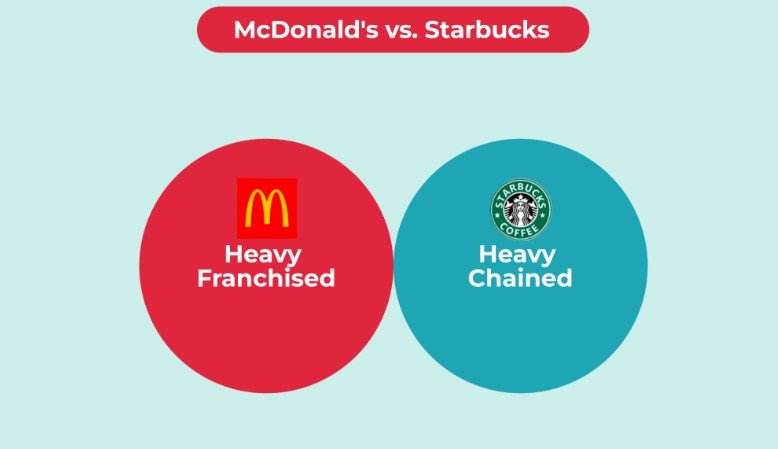The ongoing war between Israel and Hamas has sparked a wave of boycotts against some of the world’s largest corporations, such as McDonald’s and Starbucks. These companies have been accused of supporting Israel or being silent on the human rights violations in Gaza. But do these boycotts actually work? And what are the reasons behind them?

The origin of the boycotts
The boycotts against McDonald’s and Starbucks started online shortly after the conflict erupted in October 2023. Some social media users claimed that these companies were donating money or food to the Israel Defense Forces (IDF) or that they had ties with pro-Israeli groups or politicians.
For example, McDonald’s faced backlash after its franchise in Israel posted on social media that it would donate meals to the IDF. The company later clarified that this was an independent decision by the local partner and that it did not fund or support any governments involved in the conflict. Starbucks also faced criticism after a union of its employees, Starbucks Workers United, posted a message of solidarity with Palestine on its X account. The company said that this was not its official position and that it did not endorse any political or religious views.
However, these statements did not appease the boycotters, who continued to call for action against the companies. They used hashtags like #boycottstarbucks and #boycottmcdonalds on platforms like TikTok, Instagram, and Twitter and urged others to join them. Some also staged protests outside the stores or vandalized them with red paint and anti-Israeli stickers.
The impact of the boycotts
There is little evidence to show that the boycotts have had a significant impact on the sales or profits of McDonald’s and Starbucks. According to their latest financial reports, both companies have performed well in the last quarter of 2023, despite the pandemic and the geopolitical tensions. McDonald’s reported a 10% increase in global comparable sales, while Starbucks saw a 13% growth in revenue. Both companies also beat the analysts’ expectations and raised their outlooks for the next year.
However, this does not mean that the boycotts have been completely ineffective. They have succeeded in raising awareness about the situation in Gaza and putting pressure on the companies to address the issue. They have also generated a lot of media attention and sparked debates and discussions among consumers, activists, and experts. Some have argued that the boycotts are a legitimate form of protest and expression, while others have questioned their motives, methods, and targets.
The reasons behind the boycotts
The boycotts against McDonald’s and Starbucks are not only driven by the current conflict but also by deeper and broader factors. Some of these factors are:
- The power of social media: social media platforms have enabled people to organize, mobilize, and amplify their voices on various causes and issues. They have also made it easier to access and share information, opinions, and emotions. Social media users can influence each other and create a sense of community and solidarity. However, social media also has its drawbacks, such as misinformation, polarization, and manipulation.
- The role of corporations: corporations have become more influential and visible in global society and have greater responsibility and accountability for their actions and impacts. Consumers expect corporations to be ethical, transparent, and responsive to their needs and values. Corporations also have to balance the interests and expectations of their various stakeholders, such as shareholders, employees, customers, suppliers, regulators, and communities.
- The complexity of the conflict: The conflict between Israel and Hamas is one of the most complex and longstanding in the world and involves historical, religious, political, and humanitarian aspects. It also affects and involves many other countries and actors in the region and beyond. The conflict evokes strong emotions and reactions from different groups and individuals and often leads to violence and suffering.
In sum, the boycotts against McDonald’s and Starbucks are part of a larger phenomenon of social and political activism, fueled by social media and driven by various motivations and perspectives. They reflect the challenges and opportunities that corporations face in the modern world and the diversity and complexity of the conflict in the Middle East.






